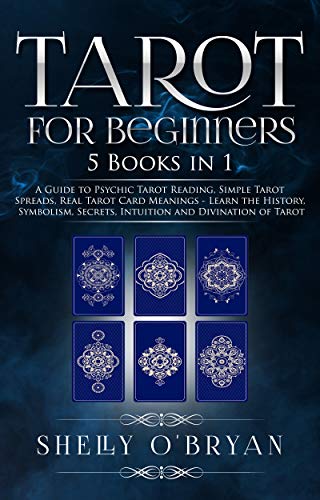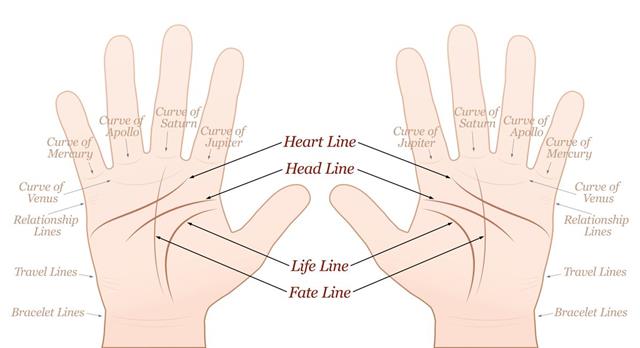
The Seven of Cups represents temptation and the need to make a choice. However, the Seven of Cups card can also be a sign of reluctance to make impulsive decisions. When you see the Seven of Cups, you may have the feeling that the grass is greener on the other side. This can lead to feeling indecisive, unsure and unfocused.
Tarot Seven of Cups
If you see the Seven of Cups in your Tarot card reading, this means you are open to the idea of meeting someone. This card indicates confidence in your future plans. It is the right time to take calculated chances and follow your dreams.

Meaning
The Seven of Cups can represent many different emotions. It can signal indecision and confusion, as well as a lack for direction or too many options. It can also indicate that you are not yet able to make up your mind about a particular person. This can also represent fantasies, or a crush on someone.
Interpretation
In love tarot readings, the Seven of Cups may indicate indecision. The person is uncertain of their desires and must consider all options. This card can also signal a potential breakup. The person feels that there is more to life than what they see.
Indecisiveness
The Seven of Cups is a significant card in the Tarot. But it can also be a sign of indecision. This card often indicates that a person is feeling tempted to make a decision that might lead to a bad outcome. They may feel like the grass is greener on the other side, or they may be feeling indecisive about a relationship. You might need to have a honest conversation with your partner in this situation.

Relationships
The Seven of Cups could be interpreted as second thoughts in a couple. It can indicate that the person is not motivated to change their current situation. This could be a sign you need to have difficult conversations with them about their current situation.
FAQ
What are observation hobbies?
Observation hobbies are those activities that allow you to watch others do what they do. They might include watching sports, reading books, going on holiday, etc. It could also involve observing others.
It's great to have observation hobbies because it helps you think creatively. This knowledge will be useful later in your work for others and yourself.
If you are passionate about something, you will find it easier to learn about it.
If you're interested in football, for instance, you could watch it or read a book. If you want to learn more about photography, you could take or visit exhibitions.
You could also buy a guitar or play along online to music if you are a musician.
You could also choose to cook at home or go to restaurants if you are a good cook.
If you like gardening, you could grow vegetables or flowers.
If you are a fan of dancing, you can join a class or go out with your friends to learn.
If you like painting, you could paint pictures.
If you like writing, you could write stories or poems.
If you like drawing, you could draw pictures.
You could work as a caretaker or keeper at a zoo if you are passionate about animals.
If science interests you, you can study biology, chemistry or physics.
If you like history, you could read books, watch films or listen to podcasts.
If you enjoy travelling, you might consider exploring your local area or traveling abroad.
What is a hobby for kids?
For kids, a hobby can be any activity that they are interested in doing as part of their everyday routine. They might like to draw pictures, build things, paint, write stories, play with toys, read books, watch TV, listen to music, play computer games, ride bikes, skateboard, swim, climb trees, run around outside, play football, basketball, volleyball, rugby, cricket, baseball, soccer, hockey, dodgeball, rounders, tag, hide and seek, hopscotch, marbles, jump rope, hopscotch and many others.
Many parents worry about their children getting into trouble if they have the freedom to do what they want. It is not true. Your child won't get in trouble if they are safe and don't do any harm to anyone.
It is important that people remember that simply because they love doing something does not mean they will always do it. For example, if they love drawing pictures but they hate writing, then they may decide to draw pictures instead of writing.
There are many different hobbies, so it is up to you which one you love the most.
What types of hobbies are suitable for introverts?
Introverts are able to concentrate on one thing at once. They enjoy solitude and prefer to read, write, play music, watch movies, etc.
They also like to be alone. They don't enjoy being social all day. They often feel bored when they are surrounded by people.
This is why introverts choose hobbies that make them feel alone. An introvert might like to read, listen to music, take photographs, paint, write poetry, or even create art.
Many introverts choose to live alone. This allows them to concentrate on their hobby and not be distracted.
Statistics
- Much of this decline reflects the fact that teens are less likely to work today than in the past; among employed teens, the amount of time spent working is not much different now than it was around 2005. (pewresearch.org)
- In comparison, men in the “no humor” condition were refused 84.6% of the time and were only accepted 15.4% of the time. (time.com)
- The Role of the Mind in Sex, Dating, and Love: Men in the “humor” condition received phone numbers from 42.9% of the female participants and were refused 57.1% of the time. (time.com)
- A new survey by Pew Research Center of teens ages 13 to 17 finds that 36% of girls feel tense or nervous about their day every day; 23% of boys say the same. (pewresearch.org)
- This 100% accurate personality-analyzing hobby quiz discovers your passion based on your characteristics. (quizexpo.com)
External Links
How To
How to Learn a Musical Instrument
There are many different ways to learn how music is played. You could attend a school, read a book, get lessons from someone who plays a musical instrument, or look at videos online. These are just a few tips and tricks to help you get started if you're determined to make your own path.
-
Find something that interests or appeals to you. If you don’t enjoy any of the instruments that you see, you might consider trying another one. If you don’t enjoy playing an instrument it will be hard for you to get into it.
-
Be patient. Learning anything new takes some time. You don't have to learn everything in one go. Keep practicing each day.
-
Practice regularly. This can be done even when you are tired. This will make sure you don't forget the lessons you have learned.
-
Make sure you choose a safe place to practice. A quiet room where you won't disturb anyone else is ideal. You should also make sure there aren’t any distractions. You should avoid loud music being played near you.
-
Have fun! Music is meant to be enjoyed. Have fun with your practice. Being happy will inspire you to keep practicing.
-
Set goals. Set goals. You'll know exactly what you must achieve. You will never be ashamed to fail.
-
Keep track and keep track of your progress. Keep track of all your successes and failures. Doing so will help you improve over time.
-
Take breaks. Sometimes all it takes is to take a breather. Take breaks to allow you to reflect on things.
-
Ask questions. Ask other people if you have any doubts or confusion regarding certain aspects of the instrument. They may be able help you.
-
Listening can teach you a lot. Many musicians love to listen to and imitate songs. This allows them to understand the basic ideas behind the song.
-
Read books. Lessons learned from books are more valuable than videos and classes. Books contain information you will not find anywhere else.
-
You can join a band. You'll be more motivated to practice when you are playing with others. You will also meet others with similar interests to yours.
-
Take a look at tutorials. Tutorials are brief videos that cover a variety of topics in great detail. These videos usually focus on one specific aspect of the instrument. Tutorials can help you understand complex parts of your instrument.
-
Try different methods. Some people prefer to learn through lectures, whereas others learn better by reading. Find what works best for your learning style.
-
Practice makes perfect. It is not possible to become an expert overnight. You must work hard to become proficient enough to do well.
-
Begin a group of musicians. Listening to others play your favorite songs can help speed up learning.